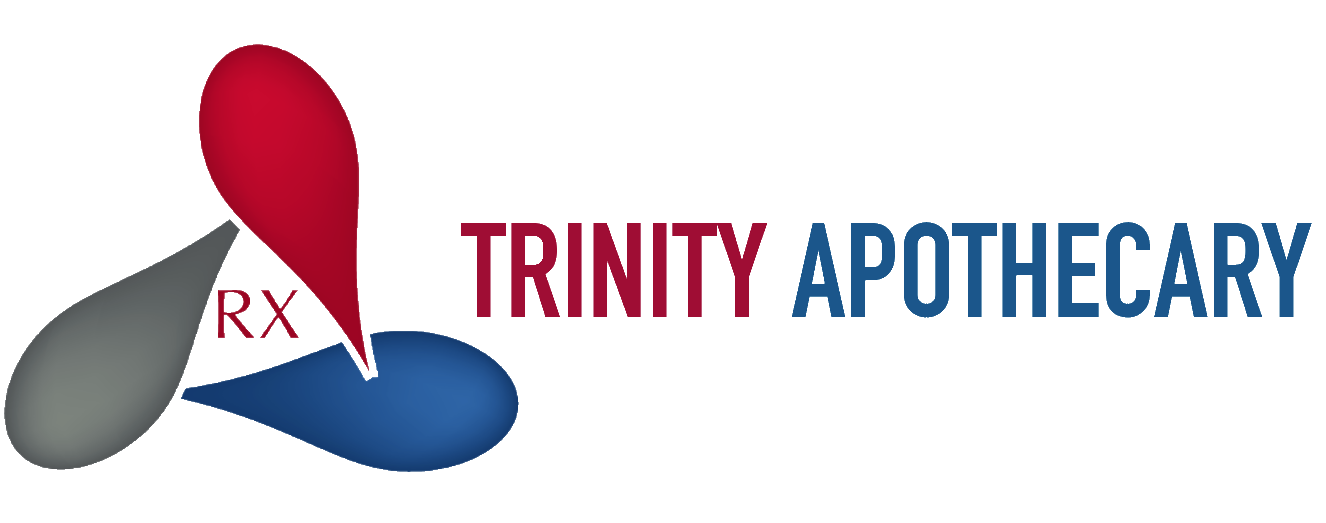National Stroke Awareness Month
[caption id="attachment_812" align="alignleft" width="403"] National Stroke Awareness Month[/caption] May is National Stroke Awareness Month. Learn about it here: http://www.stroke.org/site/DocServer/Scorecard.Q._08.pdf?docID=601
Medicare Diabetes Supplies
Pharmacies Should Be Allowed to Keep Delivering Medicare Diabetes Supplies At least three dozen House members want Medicare to reverse course and let small community pharmacies continue to deliver diabetes supplies to seniors homebound or in long-term care and assisted living facilities. Reps. Aaron Schock (R-Ill.) and Peter Welch (D-Vt.) have spearheaded a letter to Medicare, scheduled to be sent this week. The Centers for Medicare & Medicaid Services is implementing drastic cuts to its reimbursement levels for pharmacies providing diabetes test supplies to Medicare beneficiaries through the Part B program. As of July 1, uniform payment rates will apply to both
Independence of the Consultant Pharmacist
In 2011 CMS proposed a new regulation which would require the independence of the consultant pharmacist from the dispensing pharmacy. The LTC industry responded to the proposed regulation, and ultimately CMS indicated that the agency would not proceed to finalize the regulation as outlined. However, CMS stated in the final rule that the agency continues to have concerns regarding potential conflicts of interest related to relationships consultants may have between the dispensing pharmacy, pharmaceutical manufacturers and distributors, or any affiliates of these entities. To this end, CMS strongly encouraged the LTC industry to voluntarily adopt the following changes to increase transparency: Separate
Brain Injury Awareness
March is Brain Injury Awareness Month. Learn about it here: http://www.biausa.org/
Caring for the Caregiver
Are you a Caregiver for a loved one with dementia? We encourage you to read this articlehttp://www.webmd.com/alzheimers/news/20130222/for-alzheimers-caregivers-patience-and-compassion-are-key
Flu Awareness
Dear Trinity Apothecary visitor, Flu season is here. It’s reported on the TV news and radio that 2013 will be one of the worst flu seasons. We at Trinity Apothecary have gathered information that may help our members cope. SIMPLE PERSONAL HYGIENE TIPS1 Wash your hands often with soap and water. If soap and water are not available, use an alcohol-based hand rub. Cover your nose and mouth when you cough or sneeze. If you get sick with a respiratory illness, like flu, limit contact with others as much as possible. Stay home for at least 24 hours after fever is gone (without the use of
Important Information on Vicodin
Newly reformulated Vicodin has NEW National Drug Code (NDC) numbers which ARE NOT interchangeable with the original Vicodin or the original generic equivalents. The original Vicodin formulations were discontinued over 6 months ago and the corresponding NDCs have been de-listed. Effective October 2, 2012, Abbott Laboratories introduced the newly reformulated VICODIN 5 mg/300 mg, VICODIN ES 7.5 mg/300 mg, and VICODIN HP 10 mg/300 mg (hydrocodone bitartrate and acetaminophen tablets, USP) to the marketplace. These formulations contain only 300 mg of acetaminophen per dosage unit. This was changed to meet the Food and Drug Administration (FDA) mandate to limit the amount of acetaminophen in prescription drug products (to reduce potential for hepatic toxicity), including combination acetaminophen and
Prescription Drug Monitoring
August 2, 2012 NEWS RELEASE DPS Launches Online Version of Texas Prescription Drug Monitoring Program AUSTIN – At the urging of the 82nd Texas Legislature, the Texas Department of Public Safety (DPS) has developed a secure online prescription monitoring program, called Prescription Access in Texas (PAT), which provides controlled substance prescription dispensing history to authorized health care and law enforcement professionals. DPS officially launched PAT in June 2012, at which time the database became available to a select group of practitioners, pharmacists and law enforcement professionals. This week, DPS has extended program access to additional physicians and law enforcement, mid-level practitioners,
Elimination of Exclusion of Coverage of Certain Drugs
Elimination of Exclusion of Coverage of Certain Drugs In March of 2010, President Obama signed into law two separate Federal Acts, which included modifications for Medicare and Medicaid. The Acts are titled the Patient Protection and Affordability Care Act of 2010 (PPACA) and the Health Care and Education Reconciliation Act of 2010 (HCERA). As it pertains to future Medicare coverage, one of these Federal Acts sought to update coverage guidelines for certain classes of drugs which have been traditionally excluded from coverage. Starting on January 1, 2013, Medicare Part D will cover benzodiazepines and will cover barbiturates used in the treatment
The Great American Smokeout
Today was The Great American Smokeout. A day that builds awareness about the benefits of quitting smoking. Since 2000 smoking bans have been spreading nation wide and they seem to be working. Do you think smoking bans in bars, restaurants, parks, and work places really help? Read article here: http://bit.ly/TH3hgM

